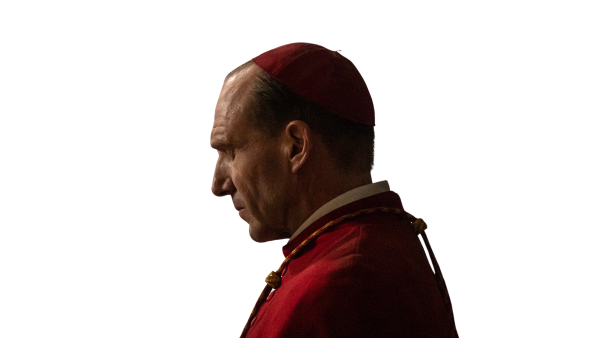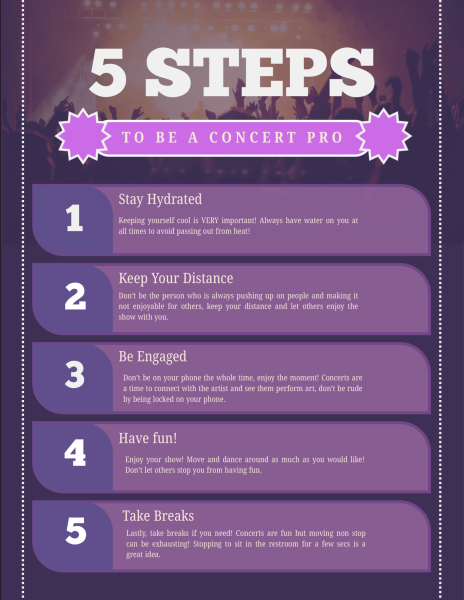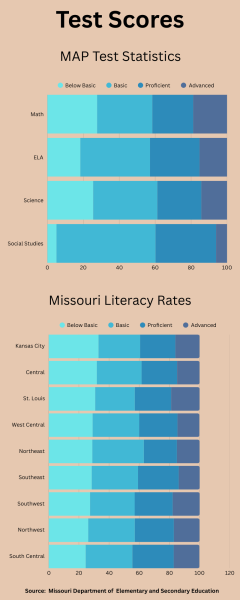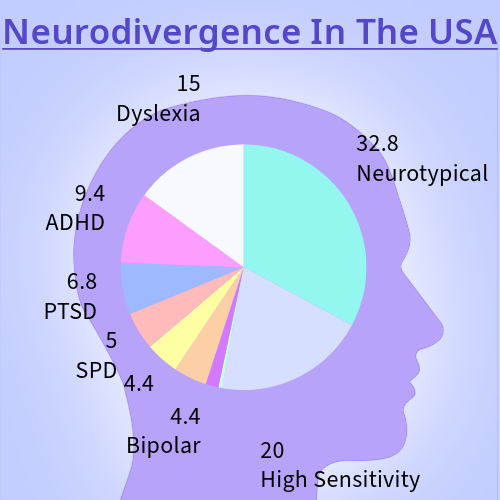Review: 1984
Book: 1984
Author: George Orwell
Genre: Futuristic dystopia, but it was written in the 40s and 50s so it’s roughly on par with modern day. Technically, now alternate history, thanks to being set 30 years ago.
General Notes: This is the sort of book that everyone reads, that you discuss in class in 7th grade, and that you expect to be dry and terribly boring despite being written about such an intriguing subject. But if that’s what you expect from 1984, you’ll find it’s full of surprises- and it’s no more literary than your average thriller novel. I really loved the way everything came together and even though, like everyone else in the world, I knew the premise and part of the plot, I was still surprised and entertained by this novel, while thinking about some of the hard questions it presents the reader with.
Characterization: Winston is a creepy old dude. Just putting that out there straight away. Like many older-fashioned protagonists, he has a lot of flaws, including cowardice, pervertedness and gruffness, but the author expects his sad background, love affair with Julia, and intelligent, calculated betrayal to redeem him in the eyes of the reader. Honestly, I don’t want to admit it, but it does, for strictly one reason. Even though Winston would be very unlikeable and rude if you met him as a person, in a world where everything is hopeless, in a story written in the most cynical way, he is a shining beacon of hope. He’s a terrible person and in any other story, you would hate him, so the story becomes a case of black-and-gray morality. Winston is a cynical look at humanity and not at all a good person or a hero, but in comparison to the Party, he’s a downright saint.
Julia, meanwhile, is everything you’d expect from a female character written in 1949. I’m a little sad that she wasn’t a stronger character given that she was one of the protagonists, but her characterization is inconsistent, full of holes, fairly sexist and honestly annoying. One minute she’s a strong independent, Lady, (at least she’s supposed to be; Orwell seems to have mixed up ‘promiscuous female character’ and ‘strong female character’) the next she’s admitting to Winston that despite being a highly educated underground resistance member who can defend and think for herself, she’s always wanted to be a housewife. Because of course she has. In the book, Julia is just the object of Winston’s affections and hatred, being whatever female figure he needs in his life- mother, lover, companion, enemy.
As for O’Brien… well, talk about mixed messages. Did he ever mean to help Winston and Julia? Is the rebellious Brotherhood even real? O’Brien’s character can be interpreted in a multitude of ways. Personally, I like to think that he was a rebel who did intend to help Winston and Julia, but was caught in the act by the Party and needed to cover his tracks by betraying them. But that’s a little too optimistic for this book, where everyone operates at the lowest common denominator. In the end, you can’t draw any conclusions about O’Brien. His role in the book after all, is to represent the shadowy mystery of the Party. The environment in Oceania, where any or every fact you know could have been manufactured by the government for propaganda, is personified in O’Brien, who twists Winston and Julia’s perspectives to his advantage.
As for the other characters who move through Winston and Julia’s world, including Parsons, Syme, and Mr. Charrington, they are not representative of anything; rather, they are there to make their point, move the plot along, and then disappear quietly. Orwell uses his characters frugally, and thus, effectively.
Plot: The book is cynical and fatalistic, but anyone who’s grown up with Disney movies and ragtag-rebels-destroy-big-empire stories still won’t expect the ending. Even though Winston tells us from the very beginning that he has no hope of survival, that it is only a matter of time before he is dragged away by the Thought Police, Orwell builds up a feeling of hope for the future slowly, allowing even the most pessimistic reader to grow optimistic for the downfall of the Party, only to crush that hope like a bug under his boot.
The plot is not paced well and parts that are unimportant often drag on, even as parts of the story that are vital are rushed through. The pacing is honestly a bit amateur and not what I expected from Orwell. But the actual story makes up for it.
Even though nothing particularly groundbreaking or exciting in our world is happening in the novel, Julia and Winston’s love affair, their education, and their eventual induction into a secondary political party are all unheard of in the world of 1984. The ordinary has, in this book, become nearly impossible, with unimaginable consequences.
The other really great part about the plot is the payoff. Orwell makes a challenge for himself. Early on, just as we are beginning to learn how harsh this world is, he emphasizes over and over again just how cruel the Thought Police are and how what they do to their inmates is beyond words. One would think that it’s impossible to live up to that. But at the end of the novel, Winston’s brainwashing and the way it’s completed are cruel, heartbreaking, and scary, just as Orwell repeatedly promised it would be. And the completely hopeless end nails the book shut, making the point clearly and effectively.
Setting: I discussed the setting a little in the earlier sections. Thanks to the extraordinary setting, the plot, which consists in fairly normal actions taken by the main characters, becomes a story of two people who have broken all the rules of their society.
The setting also lays the groundwork for the characterization. Everything is bleak, hopeless, and as bad as it can be without being unlivable. This mirrors the characters, who run on self-interest, greed, survival instinct, and nationalism.
There are also some lovely descriptions, full of metaphors, especially at the beginning of the book and in the sections in the woods and the prole neighborhoods, that really help you envision Oceania.
All in all the setting just churns along quietly in the background, occasionally leaping out with a nice long description paragraph, or a particularly strong mirror with the characters and plot. It lays the groundwork for the rest of the story without overpowering it, but isn’t a particularly exceptionally-written setting, either.
TL;DR: The characterization of Winston is good and reflects the setting and plot well, and O’Brien acts as a personification of the mysterious Party, but Julia is lacking and inconsistent. The minor characters are used effectively and frugally. The plot impressively makes completely ordinary actions seem like affronts against nature, excessively risky things, but only with the help of the setting, which does its work quietly and without pizzazz. The plot also pays off extremely well, even if the pacing is amateurish and confusing. The book itself is good, but less than the sum of its parts, and was not as cohesive or impressive as one might think, given how famous it is; but it’s still a good read, and absolutely worth it.
All in all: 3.5 out of 5 stars
Characterization: 4 out of 5 stars
Plot: 4 out of 5 stars
Setting: 3 out of 5 stars

I’m Mina Buchholz, a sophomore at Oak Park. This is my first year on the Log, but second in journalism, and I also play golf, participate in Art Club,...








